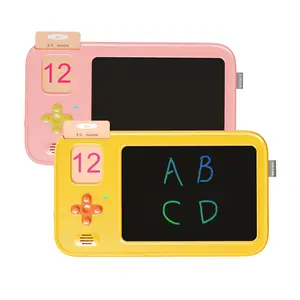Introduction to English Language Teaching Games
English language teaching games are innovative and engaging tools designed to enhance the learning experience for students of different ages and skill levels. By combining education with fun, these games can effectively develop language skills such as vocabulary, grammar, speaking, and listening. They foster a dynamic environment where learners feel motivated and eager to participate, making the learning process enjoyable and interactive.
Types of English Language Teaching Games
There is a diverse range of English language teaching games that cater to various learning objectives and environments. Understanding the different types can help educators choose the right game for their specific teaching goals:
- Board Games: These involve playing on a game board, where players move pieces according to dice rolls and answer questions to advance.
- Card Games: Utilizing decks of specially designed cards, these games enhance vocabulary acquisition and sentence structure.
- Role-Playing Games: These games encourage students to take on roles in simulated scenarios, helping them practice real-life conversations.
- Online Games: Digital platforms offer a plethora of interactive English language games that are accessible anytime and anywhere.
Applications of English Language Teaching Games
English language teaching games can be integrated seamlessly into various educational settings. Their applications span across different curriculum focuses and learning methodologies:
- Classroom Activities: Teachers can use games as warm-ups or to reinforce lessons, making learning a collaborative effort.
- Assessment Tools: Games can serve as informal assessment methods, allowing educators to gauge students’ understanding and progress in a relaxed environment.
- ESL Programs: English as a Second Language (ESL) educators can effectively use these games to aid non-native speakers in their language acquisition journey.
- After-School Programs: These games can be great for engagement in extracurricular activities, helping students practice language skills beyond the classroom.
Features and Advantages of English Language Teaching Games
The effectiveness of English language teaching games lies in their unique features and the advantages they provide to both educators and learners:
- Interactive Learning: Engaging activities promote active participation and interaction among students, enhancing retention of language concepts.
- Motivation Boost: The competitive and playful nature of games increases learners' motivation and enthusiasm for language learning.
- Versatility: These games can be adapted for various age groups and proficiency levels, making them suitable for diverse classrooms.
- Critical Thinking Development: Many games encourage strategic thinking and problem-solving, which are essential skills not just in language learning but in life.
- Social Interaction: Language games often require teamwork and collaboration, fostering social skills and peer relationships among students.









































